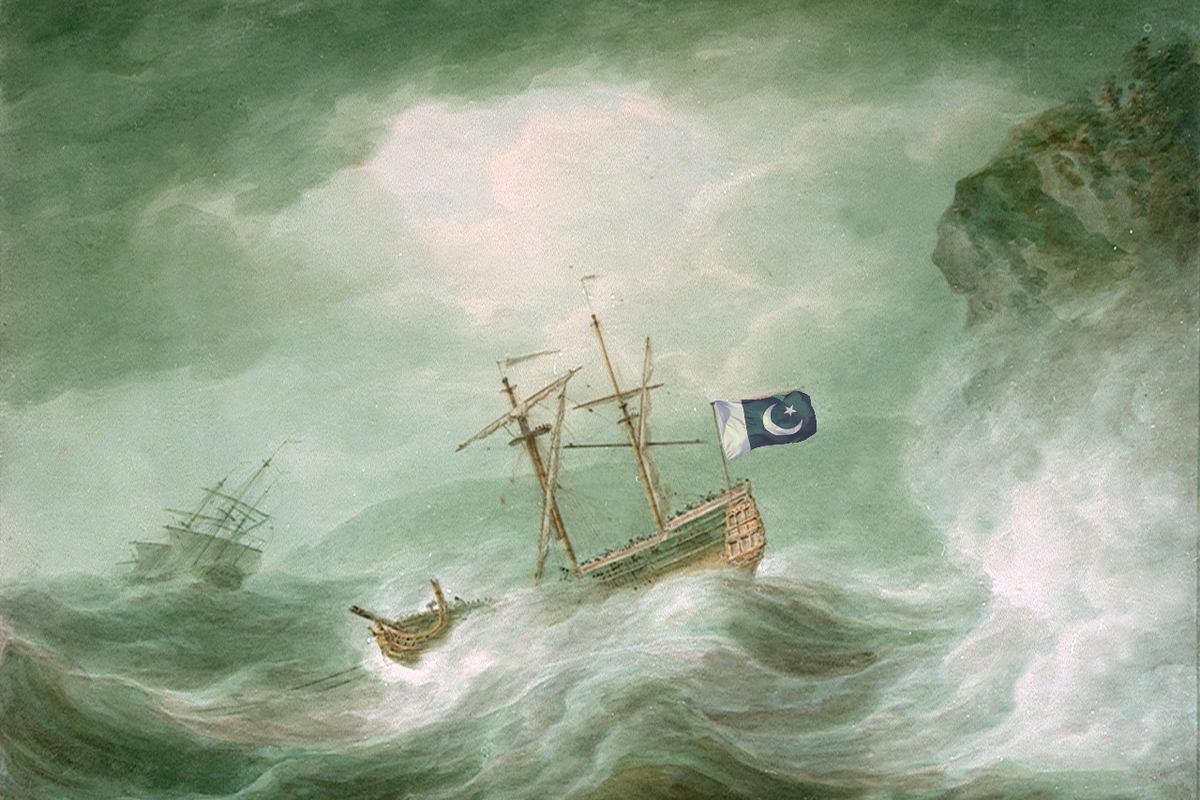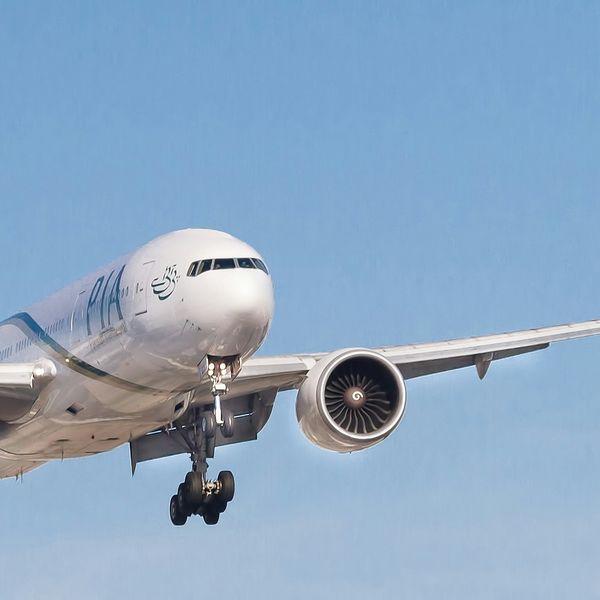Sailing close to the wind
Political upheaval following the arrests of parliament members has left the economy on turbulent waters

Wahid Ashraf

Imran Khan, the leader of Pakistan's largest political party Pakistan Tehreek-e-Insaf (PTI), has been behind bars for over a year. If naysayers thought the plethora of cases he is embroiled in would weaken his street pull, his party's roadshow on Sunday proved all is not lost.
However, a fiery show and street power is likely to further fuel the ongoing political and economic instability gripping Pakistan. With the arrests of top PTI leadership from parliament, uncertainty continues to grow in the aftermath of the rally.
The rally on the outskirts of Islamabad, held after more than a year's hiatus, saw fiery speeches by key leaders, including Khyber Pakhtunkhwa Chief Minister Ali Amin Gandapur, who took a jab at the establishment – a term used to refer to the country's powerful military.
Gandapur warned the corridors of power against Khan's trial in a military court. If Khan is not released in two weeks, he said, "we will get him out."
Announcing the PTI's next rally in Punjab, once a stronghold of the ruling party Pakistan Muslim League-Nawaz (PML-N), Gandapur said if peaceful protests don't work, they would lead a "revolution".
Sunday's rally was the PTI's first public show after the violent street protests of last May, when agitated party workers targeted several military installations.
In an attempt to demand Khan's release, the party tried to organize protests nine times, triggering rumors of backdoor negotiations between Khan and the military.
In August, PTI stalwarts Barrister Gohar Ali Khan and Azam Swati canceled the rally on the day it was scheduled. The duo held an early morning meeting with Khan in Adiala Jail, hours before the announcement.
Speaking to reporters this week on Monday, Khan claimed the rally was postponed at the request of the establishment.
'Pressure building tactic'
Political analyst Najam Sethi said the PTI put up a show to create pressure on the establishment.
"Gandapur is just bluffing, he huffs and puffs. In fact, he is the main contact between the establishment and Imran Khan. Therefore, I don’t think this threat is going to be carried out. These are just negotiation tactics to build the pressure a bit to try to stop the establishment from dragging Imran Khan to the military court," he told Nukta.
Sethi was of the view that "the issue of Imran Khan and army chief needs to be sorted out, once you find the solution to this, only then will there be a solution to political stability in the country and a way forward in terms of the constitution"
Former Finance Minister Miftah Ismail told Nukta that the government's response is far more telling than PTI's ability to hold a spectacle: “The PTI rally only reinforced what we already knew: that the party has mass support but is not able to bring people out on the streets.. Our government is very worried about the PTI’s support and overreacts every time PTI tries to hold any event."
He said that country is facing political and economic uncertainty because ruling party Pakistani Muslim League Nawaz (PMLN) was badly defeated in the February 8 polls and now it lacks the legitimacy to carry out much-needed economic and structural reforms in Pakistan. "The economy is adrift, poverty is increasing and political instability will remain until a negotiated political settlement is not found to lead us out of the crisis," he said.
Improved economic indicators
In the past few months, Pakistan's economic outlook has improved.
Fitch improved the credit ratings of Pakistan’s economy to CCC+ from CCC, whereas Moody’s upgraded the debt ratings to Caa2 from Caa3 and changed the outlook to positive
Last month, Pakistan’s inflation came down to single digits, 9.6 percent, after three years. In July, the State Bank of Pakistan reduced the interest rate to 19.5. This month it is expected to go down by another 1.5 percent.
A day after the PTI rally, as its leaders were being arrested, Prime Minister Shahbaz Sharif hosted a dinner for coalition partners in parliament. Speaking to his allies at the dinner, PM Sharif celebrated his government's stabilization of the economy. "Our jihad to save the country from default has been successful, and the first result is declining inflation."
Stablization does not equal long-term growth, however.
Although Finance Minister Mohammad Aurangzeb is hopeful that Pakistan will get the IMF bailout package soon, Pakistan is still struggling to bridge the external financial gap which is a pre-condition. The reason for the delay is said to be the country's inability to secure the rollover of the $12 billion old debt and another $2 billion in fresh loans from friendly countries, China, Saudi Arabia and UAE. Besides, promised investments by allied countries have yet to materialize, like the political stability Pakistan so desperately needs.
Political stability precursor to economic stability
Speaking to Nukta, economist Ammar H. Khan said:"A precursor to economic stability is political stability. Over the last 12 months, macroeconomic stability remains fragile, and political volatility can easily derail growth prospects in the short term."
Uzair Younus, a US-based economic expert, echoes this view.
“Political stability is critical for the economy primarily because if tough reforms need to be passed and sustained, politics needs some level of predictability," he told Nukta.
"FDI inflows are important, but realizing them requires restructuring the economy, which erodes political support in the near-term. So long as successive governments remain unclear about how stable they are, they will kick the can down the road and refuse to make tough choices,” he added.
Economist Ali Khizer said that Pakistan is facing a "gross financing gap."
"China desires political stability. At the same time, Saudi Arabia is reluctant to invest, as it too feels Pakistan requires a stable political environment. Without confidence in the government's continuity, how can foreign investment be expected?" he told Nukta.







Comments
See what people are discussing